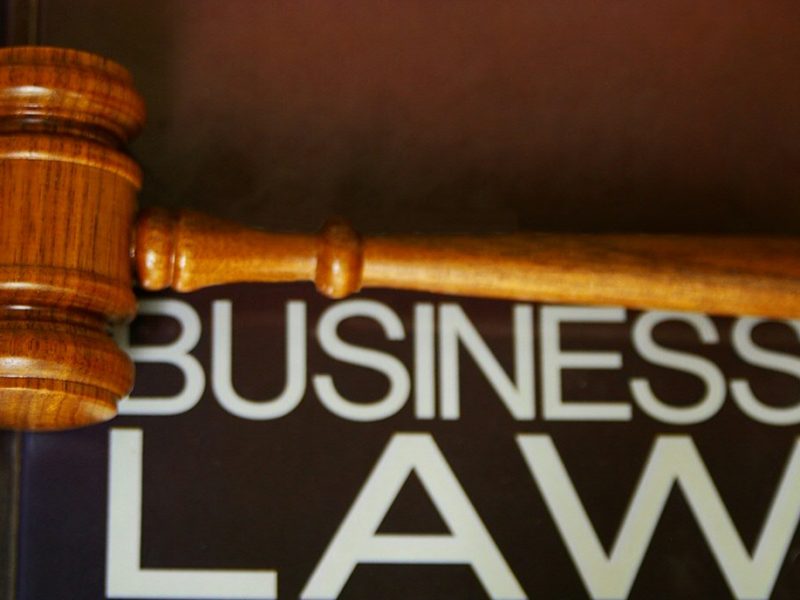Starting a Business in BC: Why Legal Structure Matters
Many newcomers to Canada dream of opening a restaurant, trading company, or small business. But each business form comes with different legal rights and risks. Choosing wisely—and getting the right agreements—can save you huge headaches down the road.
Three Common Business Structures in Canada
1. Sole Proprietorship (“Self-Employed”)
How it works:
- You and the business are the same—no legal separation.
- You file taxes as self-employed.
Pros:
- Easy and cheap to set up.
- No separate business tax filing.
- You can use your home or rental as your business address (but check with your landlord and local bylaws!).
Cons:
- Unlimited liability—you’re personally responsible for all business debts or lawsuits.
- Your home and personal assets could be at risk.
Special Note:
Some condo or apartment managers don’t allow you to use a rental address for business. If clients visit your home (like for tutoring), neighbours may complain about traffic and the city could step in.
2. Limited Liability Company (Corporation)
How it works:
- The company is a separate legal “person.”
- Your personal assets are protected from most business debts and lawsuits.
Setup in BC:
- No minimum capital required (unlike in China).
- Just register your company name (must not duplicate or mislead).
- Anyone can be a director, including non-residents.
What you need after registering:
- Federal business number (for tax)
- GST number (if revenue over $30,000)
- Import/export number for trading businesses
Business scope:
- Almost no restrictions—much more open than China.
Legal risks:
- Sometimes, landlords or banks may require you (the owner) to personally guarantee leases or loans, unless your company has enough assets.
Shareholder structure:
- Shares can be voting/non-voting, preference/common, etc.
3. Partnership
How it works:
- Two or more people (or companies) do business together.
- Usually set up as a limited liability partnership (each partner is only responsible for their share).
Why you need an agreement:
- Clearly spell out who owns what, who makes which decisions, and how to handle profits/losses.
- Prevents confusion and fights if things go wrong.
Why Shareholder & Partnership Agreements Matter
If you’re in business with anyone else—friend, family, investor, or another company—get an agreement in writing. Even the best relationships can go sour over money, work, or future plans.
Key Terms to Include
- Who owns what?
- How much money or assets does each person invest?
- What’s the share split?
- How are profits and losses divided?
- Decision-making
- What needs a majority vs. unanimous vote?
- Define “major” decisions (e.g., hiring/firing, buying big assets, dividends).
- Director duties
- Are shareholders also directors or employees?
- Will you pay a salary in the early years? Or only profit share?
- Shareholder loans
- If more money is needed, how will loans from owners work?
- What’s the interest, repayment schedule, and process?
- Leaving the company
- Can a shareholder sell their shares? Who gets first right to buy them?
- What happens if nobody wants to buy out a departing owner?
- How to value shares—especially if business is losing money?
Tip: These topics often end up in court—get it in writing to avoid expensive fights later.
Crowdfunding & Securities Law: Know the Limits
- In BC, a private company cannot have more than 50 shareholders.
- Public crowdfunding (selling shares to many people) is tightly regulated.
- Breaking securities laws can lead to heavy penalties, even criminal charges.
Real example:
A real estate developer used crowdfunding to buy property, then resell at a profit. Because they didn’t follow BC’s securities rules, their company was shut down and all funds lost.
Trademark Registration: Protect Your Brand
- If you plan to build a valuable brand or expand to the US, register your trademark early.
- You can register a trademark in Canada or the US even before using it, as long as you intend to use it soon.
- This protects you from copycats and preserves your business value.
Commercial Lease Agreements: What to Watch Out For
Most businesses will need to rent space. Here’s what to check in your lease:
- Lease term & renewal
- Standard terms are 3, 5, or 10 years.
- Negotiate a renewal option to secure your business for longer and avoid the cost of moving/renovating if you have to relocate.
- Landlord & tenant responsibilities
- Usually, landlords maintain the building structure and exterior; tenants take care of the inside.
- Restoration at end of lease
- Must you restore the space to original condition? That can be costly—make sure this is clear.
- Sale or redevelopment clause
- What happens if the landlord sells, the property is expropriated, or there are redevelopment plans?
- Negotiate protections so you’re not suddenly forced out.
- Ask questions before signing
- Is the landlord planning to sell?
- Are there city expropriation or redevelopment plans?
- If the building is old (40+ years), is demolition likely?
Put these terms in your lease—don’t rely on verbal promises!
Professional Advice for New Entrepreneurs
- Sole proprietorship: Best for small, low-risk businesses
- Limited company: Best for protecting your personal assets and growing the business
- Partnership: Best for collaborations, but only with a strong written agreement
Always consult a business lawyer before launching—a little legal investment up front can save massive costs and headaches later.
Summary: Essential Legal Documents
- Shareholder/Partnership Agreement: Avoids disputes by making roles, responsibilities, and exit plans clear
- Trademark Registration: Protects your brand
- Commercial Lease: Safeguards your place of business
Contact George Lee Law for Business Legal Support
Our team helps entrepreneurs with company setup, shareholder agreements, trademarks, and leases—plus ongoing legal advice as your business grows.
Languages: English, Mandarin Chinese, Cantonese
Phone: 604-681-1611
Email: info@gleelaw.com
Website: gleelaw.com
This article provides general information for entrepreneurs starting a business in BC. For legal advice about your business, consult a qualified Canadian business lawyer.

